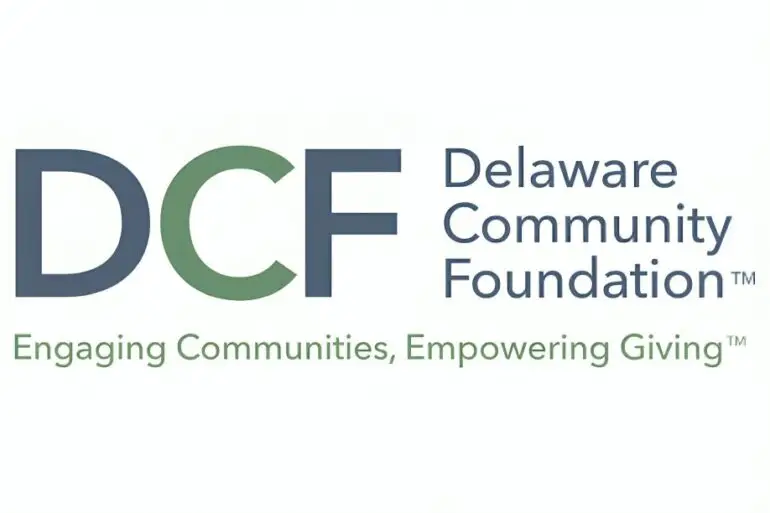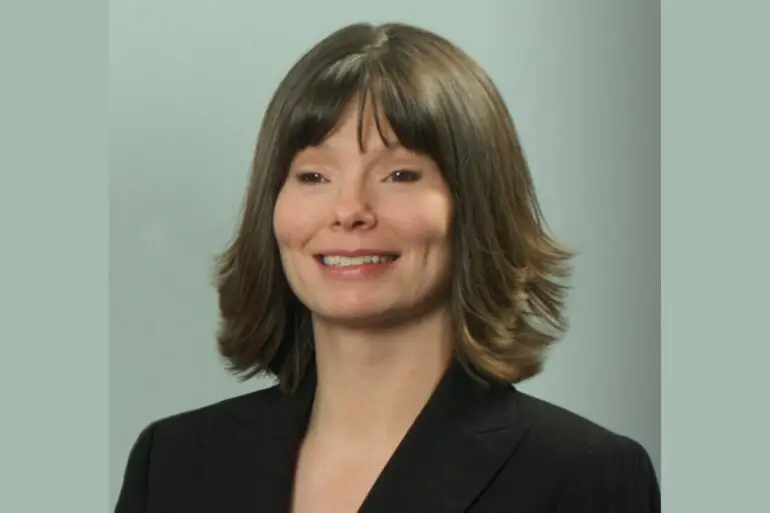-
 play_arrow
play_arrow
Radio Rehoboth
Pathways: Delaware’s Model Career Program Expands to Middle School


Two-thirds of Delaware’s public high school students are already participating, and the state’s career-oriented Pathways program continues to grow — reaching into middle schools this fall with a pilot program and broadening its internship opportunities for high school students.

Sally Maldonado is head of school at Kuumba Academy in Wilmington, one of the middle schools participating in a pilot program to expand Pathways.
Pathways is a collaborative effort among the education, government and business sectors to offer a curriculum that spans middle and high school to help ensure students become productive employees in growth professions after graduation. Delaware schools offer more than 20 pathways in areas like business and finance, health sciences, education, engineering and technology, hospitality and agriculture. Available pathways vary from school to school, but all offer students paid on-the-job training and the opportunity to earn college credits or professional certifications before they graduate from high school.
The $1 million middle school initiative will reach as many as 6,000 students in nine district and charter schools as part of an effort to get kids thinking about their futures sooner and with more seriousness.
“We want students to better understand who they are and get ahead start on thinking about what they’re good at, and what they want to do,” says Paul Herdman, president and CEO of Rodel, the Wilmington-based education-centric foundation that is one of the key backers of the project.
Getting Students Ready for Real Life
The pilot project is not taking a one-size-fits-all approach. Each of the participating schools will be developing its own programming — either as new classes or as add-ons or refinements to classes they’re currently offering.
At Kuumba Academy, a charter school in Wilmington, the plan is to extend components of the school’s “Passages” class, now required for eighth graders, to all students in grades five through eight, Head of School Sally Maldonado says. Passages covers a lot of topics that are important to prepare students for high school: helping them understand their strengths, how those strengths might be applied to their future careers, and what they should consider studying in high school to advance toward those objectives.
Starting these discussions in fifth grade, she says, will help students understand the relevance of what they’re learning to their futures and may help to get parents plugged into the high school selection process when students are in seventh grade.
In the Dover-area Capital School District, lessons that include career readiness topics will be integrated into the curriculum for sixth through eighth grade as the district establishes two new middle schools, according to Gene Montano, Capital’s director of secondary curriculum.
Sometimes, weaving these topics into existing instructional models can be accomplished by tweaking lesson plans and homework assignments to make them more personal, says Brian Johnson, a business education teacher at Cantwell’s Bridge Middle School in the Appoquinimink School District. “Our students want real life,” he says.
In the Colonial School District, which began experimenting with Pathways before the statewide initiative was launched in 2015, Superintendent Jeff Menzer is pleased to see the new emphasis on middle schools. “I see it gaining momentum. Kids want to do this stuff. You can’t stop it,” he says.
Department of Education officials still haven’t determined how the pilot’s components will be evaluated, but the goal is to implement the programs with the most impact at more middle schools throughout the state, according to Rick Jakeman, the department’s associate secretary of workforce support.
Experiences at the high school level, however, suggest that replicating programs in other schools can be tricky, says Michael Saylor, director of educator excellence at the department.
Size can be a factor, for example, as a popular program at a large middle school might not interest more than a few students at a smaller charter, he says.
Growing the Next Generation of Teachers
In addition to the middle school pilot program, education officials are looking at ways to broaden the apprenticeship opportunities associated with selected Pathways. This fall will bring the launch of a “Grow Your Own” teacher training initiative involving the Appoquinimink School District and Wilmington University.
Although education is among the more recently established Pathways, it is now receiving a “laser focus” statewide, Saylor says, because of the increasing teacher shortages both in Delaware and throughout the nation.
Here’s how the three-year pilot program is designed to work: Appoquinimink currently has an arrangement with Wilmington University that enables students in the education pathway at the district’s three high schools to earn college credits by taking Wilmington University’s dual-enrollment offerings. This allows them to complete high school with a year’s worth of college credits. Then the high school graduates use the state’s SEED (Student Excellence Equals Degree) scholarship program to earn an associate’s degree in one year, most likely through Delaware Technical Community College.
Then, these students would be eligible to be hired as paraprofessionals in Appoqunimink while continuing to study for a bachelor’s degree in education at Wilmington University. Through the Grow Your Own initiative, the state would pay the students’ tuition while they’re enrolled in the bachelor’s program. After graduation, they would be eligible to be hired as teachers in Appoquinimink.
Annual funding of $150,000 would fund training for 10 to 12 teacher apprentices a year. Saylor says the state expects to receive additional funds through the U.S. Education and Labor departments that would allow the program to expand.
The state Department of Labor is also participating in the program. Its roles include monitoring compliance with the federal grant requirements and collecting data to measure the project’s outcomes, Saylor says.
Go to Source:https://delawarebusinesstimes.com/supplements/stuff/pathways-delawares-model-career-program-expands-to-middle-school/
Author: Larry Nagengast
Written by: RSS
Similar posts
Chart
Top popular

News Briefs 10/17/23
Board of Commissioners Workshop & Special Meeting – November 6

Six Sussex road projects considered in latest CTP
Knicks vs. Cavaliers prediction, odds, line, spread, time: 2023 NBA picks, Nov. 1 best bets from proven model
NFL Week 17 highlights: Packers, 49ers, Saints, Steelers win, Cardinals stun Eagles
Copyright 2023 East Sussex Public Broadcasting, Inc.




